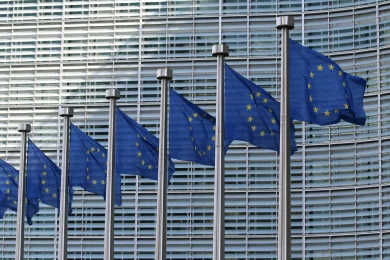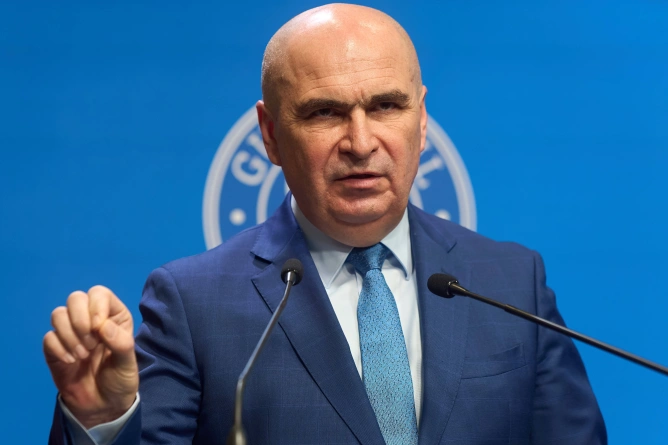
The blockage created in Brussels raises questions about the continuation of support from the International Monetary Fund (IMF) for Ukraine, in the context of a new $8 billion financing program aimed at ensuring the country's budgetary stability in wartime. The approval of this program depends on the European Union's ability to demonstrate financial support through a guaranteed loan plan. Belgium's refusal to support this loan could lead the IMF to block support for Kyiv, considering that Brussels' opposition, for legal and financial reasons, threatens to delay the adoption of the support package. A European official acknowledged that there is a timing issue, as the EU leaders' summit is scheduled for December 18-19, which limits options for quick decision-making. Additionally, at the October summit, EU leaders avoided explicitly mentioning the €140 billion loan, adopting a general wording that does not provide sufficient guarantees for the IMF. Brussels proposes that this loan should not be repayable from Ukrainian funds, effectively considering it a donation. Against the backdrop of reduced American support, the European Union expects to take on the majority of the economic effort to support Ukraine. The IMF's decision is crucial not only for Ukraine but also for maintaining the confidence of other creditors in the Ukrainian economy.
Sources























